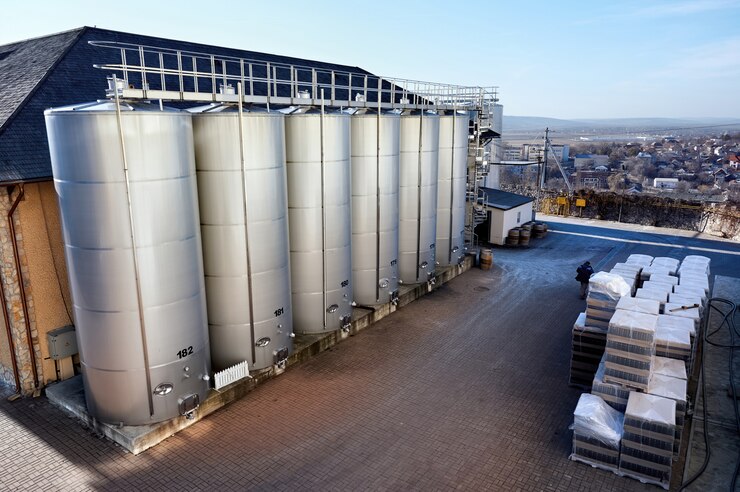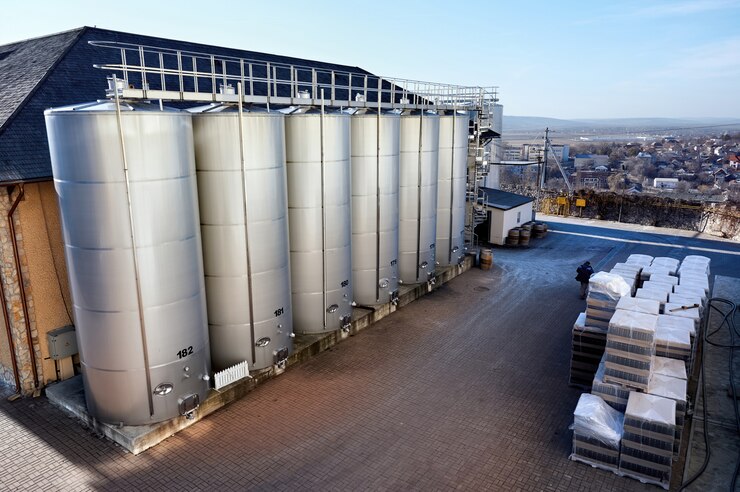You put a lot of hard work into growing your crops. You invest time in raising livestock, cultivating your soil, and caring for your plants. Yet, your work won’t pay off if you can’t use your produce.
When storing your grain, there are a lot of factors to consider. You need a storage plan that will keep your grains fresh year-round. Fortunately, with a few tips and tricks, you can create a long-term grain storage facility that works best for your farm.
Here Are Four Prime Ideas For Long-Term Grain Storage

To learn more, be sure to keep reading to get the inside scoop on 4 of the best tips on storing grain in the long term.
1. Prepare Grain Bins
Here are some tips to ensure that your grain bins are ready to store your harvest for an extended period of time. First, look for reliable grain bin manufacturers. Make sure to thoroughly clean and sanitize the bins before filling them with grain. This will prevent any contamination or pests from affecting your grain.
Next, check and repair any structural damage to the bins to ensure they can support the weight of the grain. Additionally, consider investing in a good ventilation system to prevent mold and moisture build-up.
Finally, regularly monitor the bins for any signs of issues and address them promptly. With these tips, you can properly prepare your grain bins for long-term storage and ensure the quality and safety of your grain.
2. Dry to the Right Moisture Content
One important tip for long-term grain storage is to dry the grain to the right moisture content. This means ensuring that the grain has a low enough moisture content to prevent mold growth, but not too low to lead to excessive drying and potential shrinkage.
It is important to use reliable and accurate moisture testing equipment to determine the moisture content of the grain and adjust accordingly. Additionally, it is crucial to monitor and regularly check the moisture levels throughout the storage period as changes in temperature and humidity can affect the moisture content.
3. Improve Aeration
Improving aeration is crucial for long-term grain storage, as it helps maintain the quality and condition of stored grain. One important tip for improving aeration is to regularly check and maintain the equipment used for aeration.
This includes checking for any clogging in the aeration system, ensuring proper distribution of airflow, and repairing any damaged parts. Another tip is to consider using a higher horsepower fan for larger grain bins and to evenly distribute grain throughout the bin to allow for proper airflow.
4. Control The Temperature
High temperatures can cause the grain to spoil, leading to mold growth, insect infestations, and nutrient loss. To effectively control the temperature, it is important to first identify the optimum temperature for the specific type of grain being stored.
Once this is established, it is essential to regularly monitor and maintain the temperature through proper ventilation and insulation methods. Investing in a high-quality temperature control system can also be extremely beneficial in ensuring the longevity of grain storage.
Related: 5 Major Considerations When Buying A Grain Silo
Explore Tips For Storing Grain In Long Term
In conclusion, properly storing grain in the long term is essential for the success and sustainability of any farm. To ensure the quality and longevity of your grain, follow these four tips and adapt them to your specific needs.
With careful planning and attention to detail, you can store your grain for years to come. Don’t wait, implement these tips today and secure the future of your farm.
If you want to explore the best topics, we’ve got you covered. Check out some of our other blogs today!
Read Also:




























